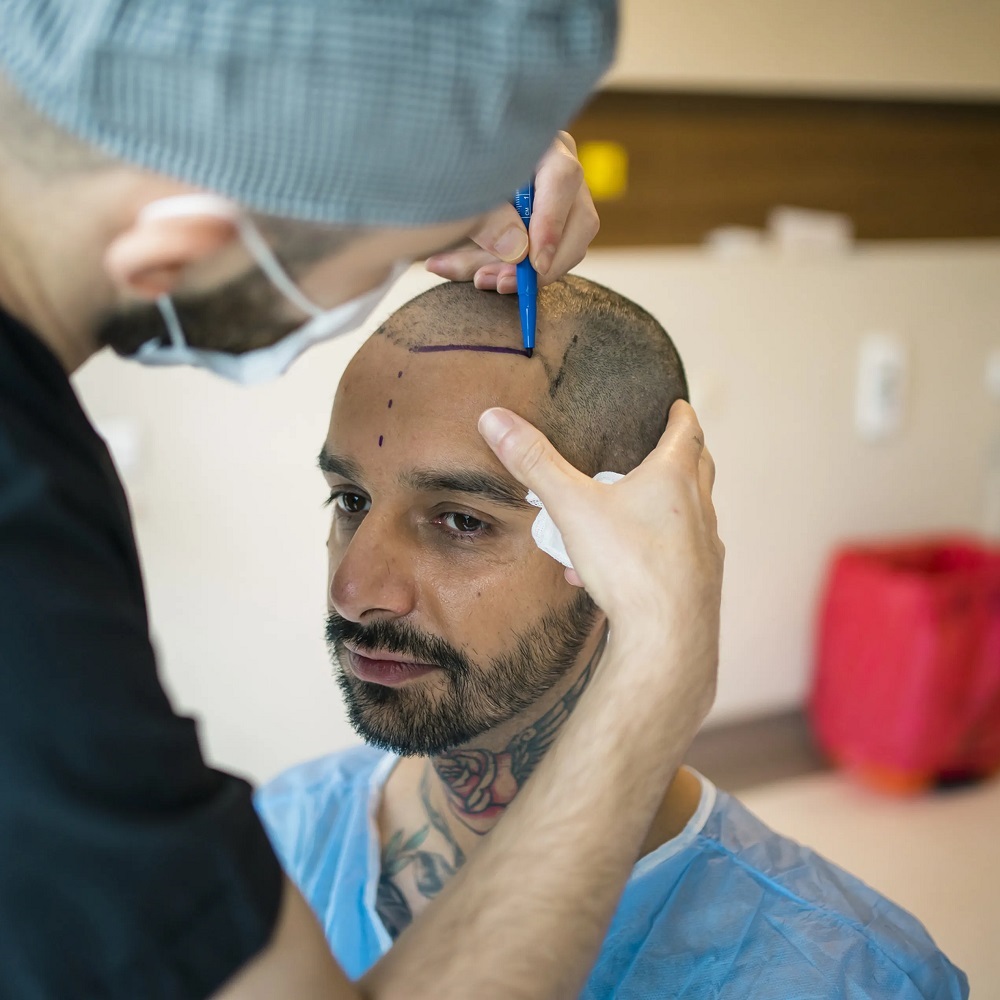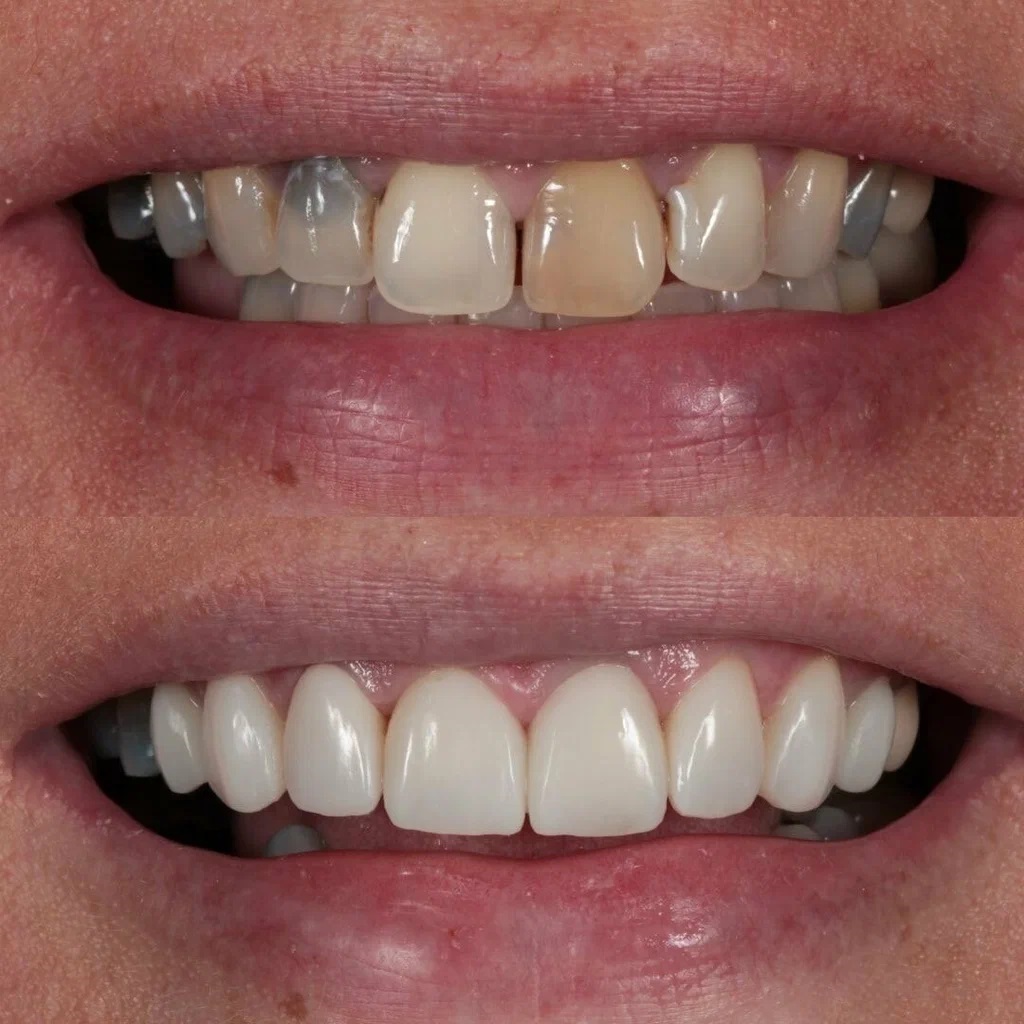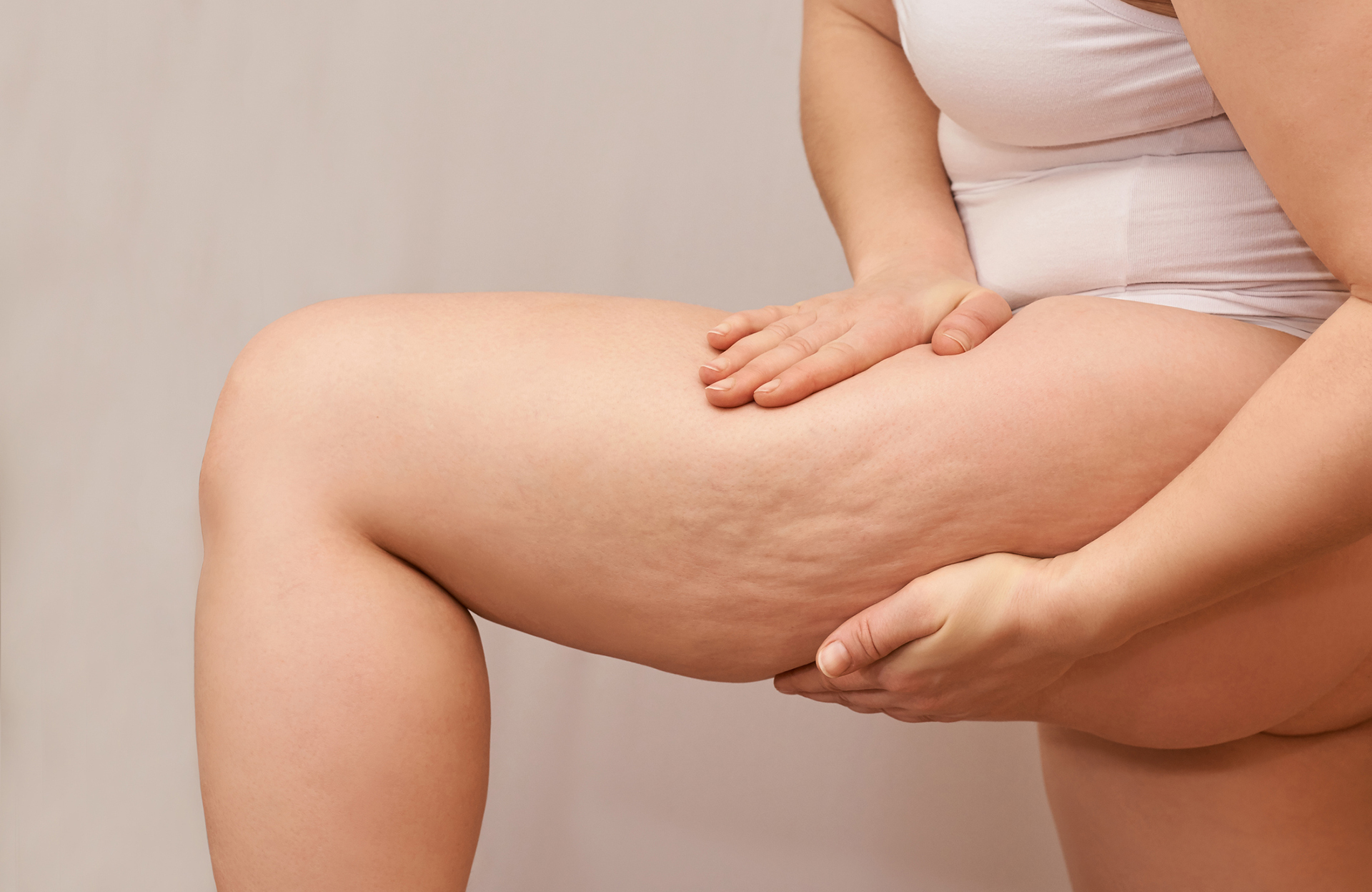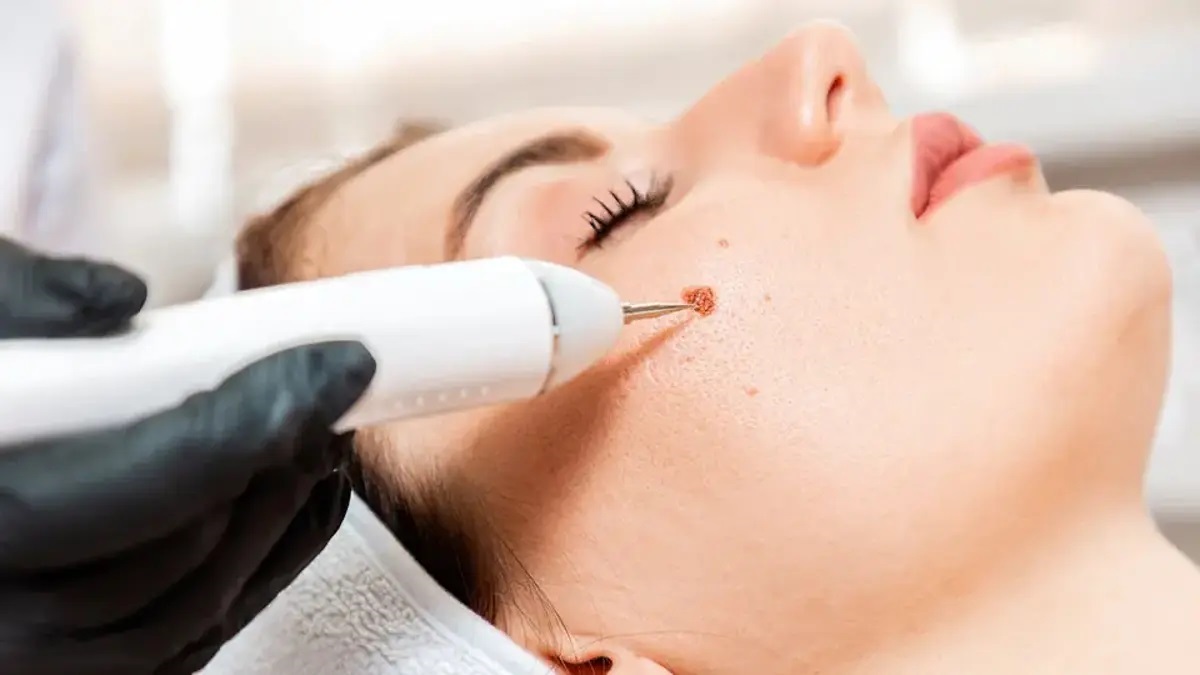What Precautions Should You Take After a Root Canal?
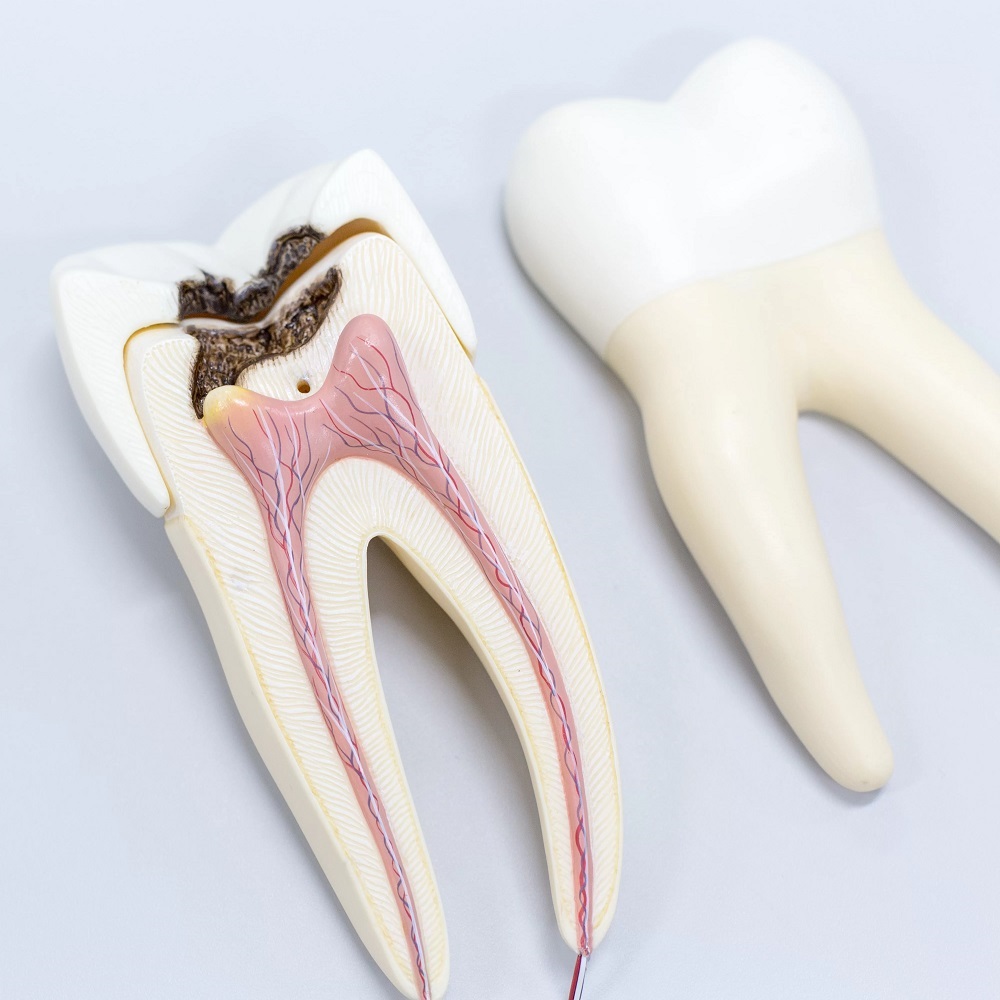
Strong 8k brings an ultra-HD IPTV experience to your living room and your pocket.
A root canal is a common dental procedure aimed at saving a damaged or infected tooth. While it effectively alleviates pain and restores oral health, proper aftercare is essential to ensure successful healing. If you’ve recently undergone a Root Canal Treatment in Islamabad, following the right precautions can help you recover smoothly and avoid complications.
Immediate Post-Treatment Care
1. Allow the Numbness to Wear Off
After your root canal, the effects of local anesthesia can last for several hours. Avoid eating until the numbness completely fades to prevent accidentally biting your tongue, lips, or cheek.
2. Be Gentle with Your Mouth
Your treated tooth will be sensitive after the procedure. Avoid touching it with your tongue or fingers, as excessive pressure can irritate the area and slow down the healing process.
3. Take Prescribed Medications
Your dentist may prescribe pain relievers or antibiotics to manage discomfort and prevent infections. Follow the prescribed dosage carefully and complete the full course of antibiotics if given.
Dietary Precautions
4. Eat Soft Foods
For the first few days, stick to soft and easy-to-chew foods such as yogurt, mashed potatoes, soup, and smoothies. Avoid hard, crunchy, or sticky foods that can exert pressure on the treated tooth.
5. Avoid Hot and Cold Foods
Extreme temperatures can trigger sensitivity in the treated tooth. Opt for lukewarm foods and drinks until your tooth fully heals.
6. Stay Away from Sugary and Acidic Foods
Sugary foods can promote bacterial growth, while acidic foods can irritate the area. Minimize consumption of sodas, citrus fruits, and sweets to aid in recovery.
Oral Hygiene After a Root Canal
7. Continue Brushing and Flossing
Good oral hygiene is crucial, even after a root canal. Use a soft-bristled toothbrush to clean your teeth gently. Floss carefully around the treated area to remove food particles without causing irritation.
8. Use a Gentle Mouthwash
An alcohol-free, antibacterial mouthwash can help keep your mouth clean without causing a burning sensation. Rinse with warm salt water if you experience mild discomfort or swelling.
9. Avoid Smoking and Alcohol
Smoking can slow down healing and increase the risk of infection. Similarly, alcohol can interfere with any prescribed medications and irritate the treated area.
Managing Pain and Discomfort
10. Expect Mild Sensitivity
It’s normal to experience mild discomfort after a root canal. Over-the-counter pain relievers like ibuprofen can help manage any soreness.
11. Use Cold Compresses
If you notice mild swelling, apply a cold compress to the outside of your cheek in 10-15 minute intervals. This can reduce swelling and numb any discomfort.
12. Get Enough Rest
Your body heals best when you allow it to rest. Avoid strenuous activities for a day or two to help your body focus on recovery.
Avoid Putting Pressure on the Treated Tooth
13. Chew on the Opposite Side
To prevent unnecessary strain, avoid chewing with the treated tooth until your dentist confirms that it has fully healed.
14. Be Cautious with Temporary Fillings
If you have a temporary filling, avoid chewing hard foods until your permanent crown or filling is placed. Temporary fillings can wear down faster and require careful handling.
Follow-Up Care and Long-Term Maintenance
15. Attend All Follow-Up Appointments
Your dentist will schedule follow-up visits to monitor your healing and place a permanent restoration. Missing these appointments can lead to complications.
16. Get a Crown if Recommended
In many cases, a crown is placed over the treated tooth to protect it from damage. If your dentist suggests a crown, have it placed promptly to prevent fractures or reinfection.
17. Monitor for Any Unusual Symptoms
If you experience severe pain, swelling, or signs of infection such as fever or pus discharge, contact your dentist immediately.
18. Consider a Night Guard if You Grind Your Teeth
Bruxism (teeth grinding) can weaken the treated tooth over time. If you have this habit, a custom night guard can help protect your teeth.
Understanding the Cost Factor
While root canal treatment is an effective solution for saving a tooth, the overall cost depends on various factors such as the severity of the infection, the need for additional procedures, and the type of restoration required. If you're curious about the cost of root canal treatment in Pakistan, consulting with a reputable dental clinic can provide clarity on pricing and available options.
Conclusion
A root canal is a vital procedure that helps save your natural tooth and restore oral health. By following these precautions, you can ensure a smooth recovery and long-term success. Remember to maintain good oral hygiene, follow your dentist’s advice, and attend regular checkups to prevent future dental issues. If you have any concerns about your treatment or costs, consult with your dentist to make informed decisions about your oral health.
Note: IndiBlogHub features both user-submitted and editorial content. We do not verify third-party contributions. Read our Disclaimer and Privacy Policyfor details.



